



The origin of crude oil and petroleum dates back millions of years to fossilized remnants of marine organisms and plants. These remnants were transformed into petroleum by heat and pressure. Petroleum products are refined from hydrocarbons found in natural gas and crude oil, and alternatives such as coal and biomass can be used.
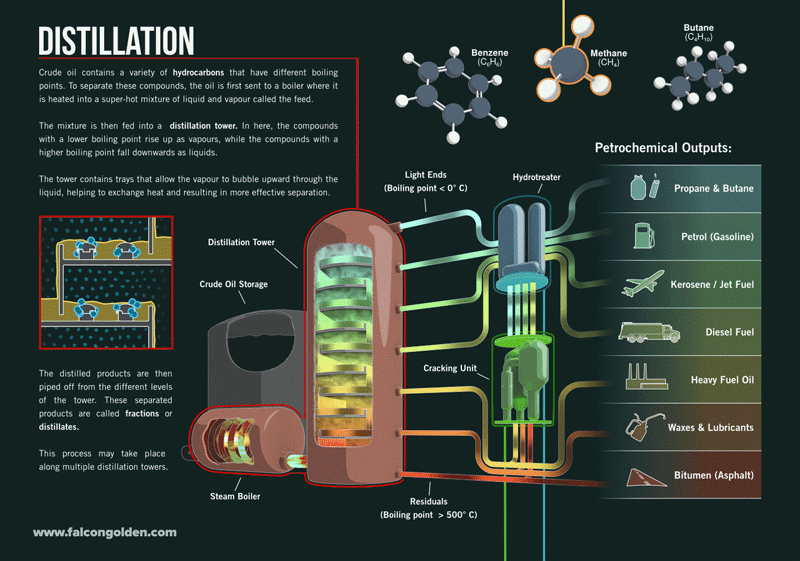
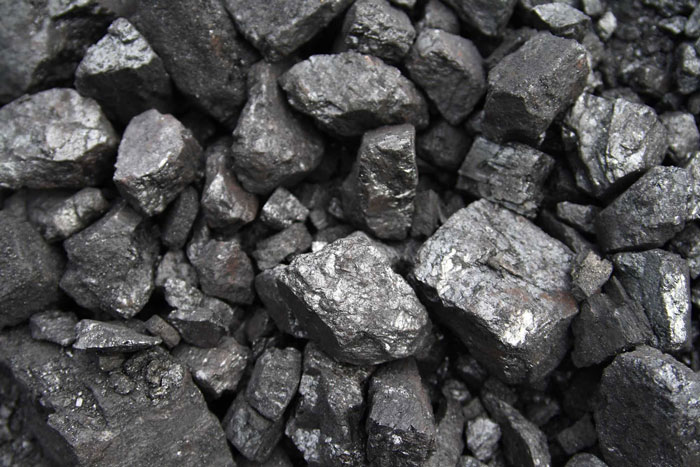
The crude oil processing byproduct petcoke is often stockpiled as waste, but can also be processed into liquid fuels for disposal and to meet fuel demand. Burning petcoke raises environmental concerns due to its high carbon intensity, which may lead to legal restrictions. However, recent studies have demonstrated the potential of petcoke to chemicals and fuels with high efficiency.
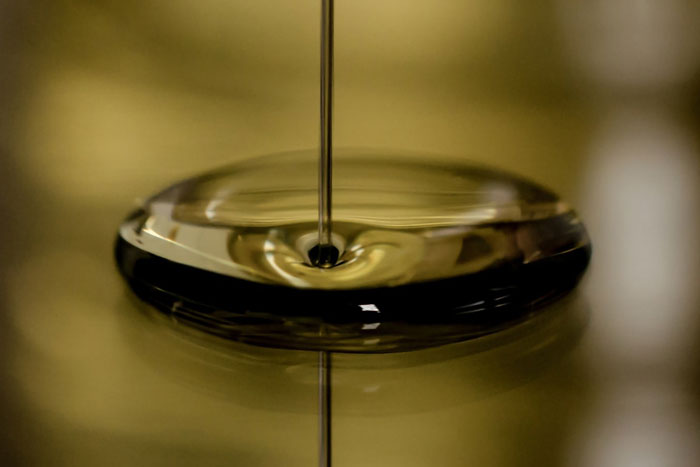
In the oil industry, D2 is known as "Gasoil." It's the second distillate from crude oil and was used in early engines before gasoline. The German Diesel engine is based on this technology. Although modern diesel fuel is treated with additives for increased efficiency and easier starting.
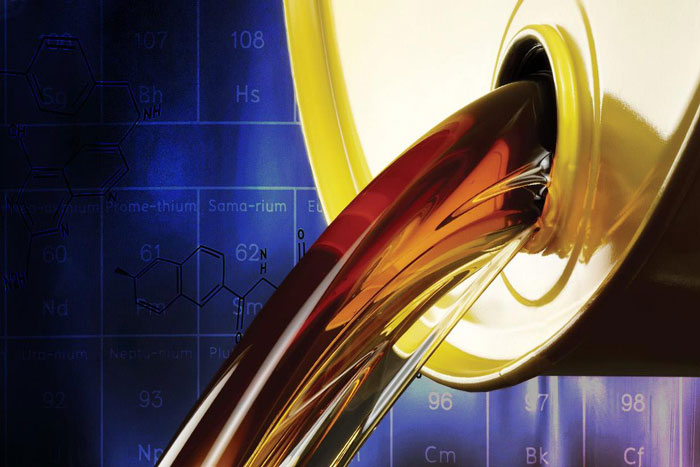
The manufacturing of lubricating greases, motor oil, and metal processing fluids relies on base oils, which consist of hydrocarbons with 18 to 40 carbon atoms and have a boiling point range between 550 and 1050 F. The chemical structure of the molecules determines whether the base oil is paraffin or naphthenic.
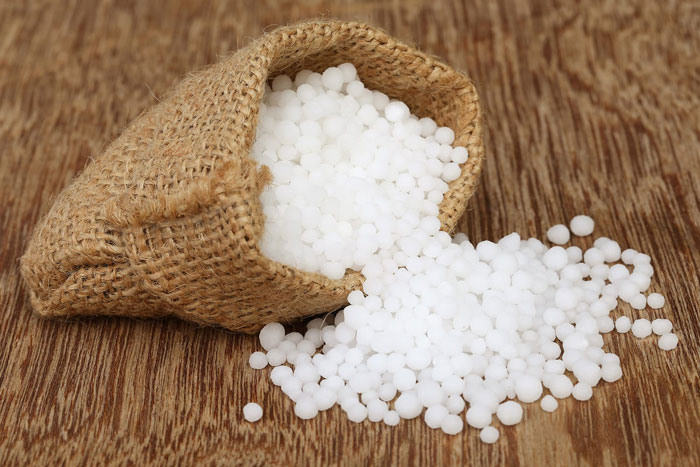
Urea fertilizer, with 46% nitrogen content, is available in white prilled form with anti-caking agents. It can be easily absorbed by plant leaves and roots after being converted into ammonia and nitrate forms through enzymatic hydrolysis.
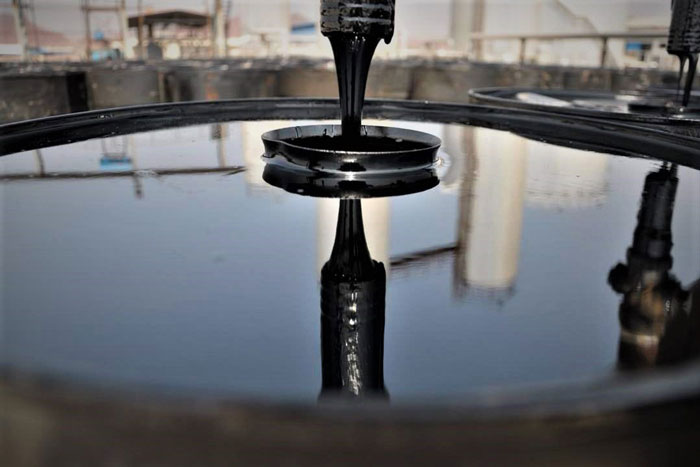
Semi-hard Bitumen penetration grade 60/70 is a type of paving grade bitumen, typically used for constructing and repairing roads, as well as producing asphalt pavements. It meets specific technical specifications and is primarily used for creating hot combined asphalt for bases and wearing courses. This grade is the most commonly used in the manufacturing of various bituminous products.
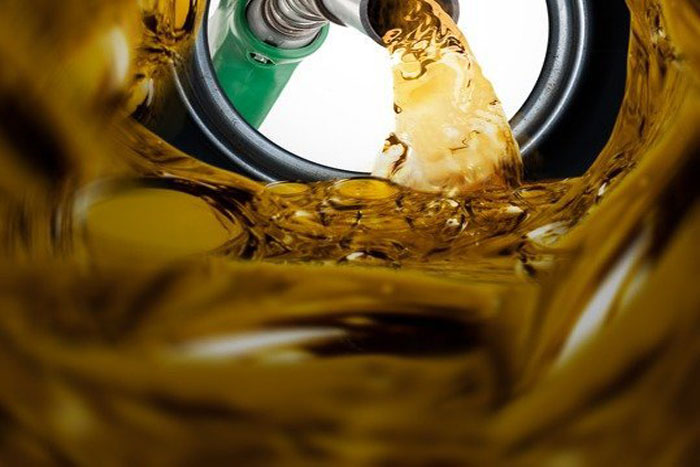
EN 590 is the current standard for all automotive diesel fuel sold in the European Union member states and other European countries

LPG (liquefied petroleum gas) is a combination of light hydrocarbons produced from both crude oil and natural gas. It mainly consists of propane and butane and is commonly used as a fuel source for cooking, heating, and other applications. LPG is also used to fuel motor vehicles, with millions of LPG-powered vehicles around the world. Compared to liquid hydrocarbons and coal, LPG is considered a cleaner fuel source because it does not release particles during combustion.

Jet fuel is a specialized fuel designed for gas-turbine-powered aircraft. It is colorless to straw-colored and contains various hydrocarbons. The most commonly used commercial aircraft fuels are Jet A and Jet A-1, while Jet B is used for cold-weather performance. Jet fuel's composition varies depending on the petroleum source and cannot be defined as a hydrocarbon ratio. The freezing point and smoke point of jet fuel determine the molecular mass range of hydrocarbons in the fuel. Kerosene-type jet fuel has a carbon number distribution of 8-16 carbon atoms per molecule, while wide-cut or naphtha-type jet fuel has 5-15 carbon atoms per molecule.
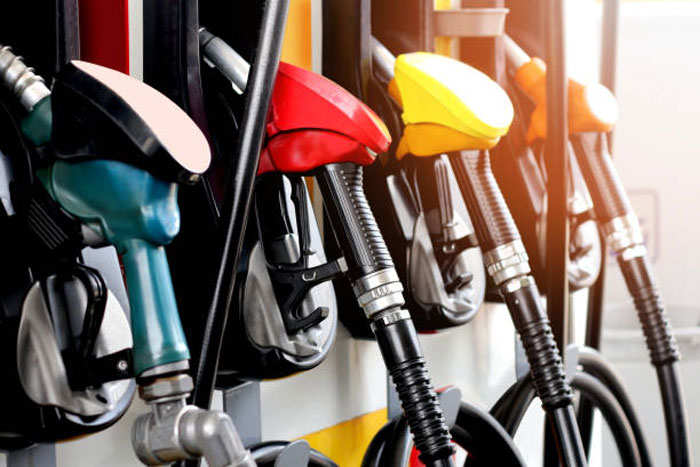
Gasoline comes in various octane levels, and the laws regulating which levels can be labeled as regular, mid-grade, or premium vary from state to state. Premium gasoline is typically considered to have an octane level of 91 or higher and is listed on pumps as 91 or 93. 93 octane may be labeled as "super-premium" or "ultra." Regular unleaded gasoline is typically 87 octane, while some gas stations may list 89 octane as "mid-grade." The fuel's octane level is displayed on the gas pump, and regular-grade gas is usually the least expensive, while premium gas is the most expensive.

The text states that Arabian Light Crude Oil is a safe and reliable option for buyers, and that the supplier is a reputable exporter and supplier of this type of oil from Saudi Arabia. The supplier has a large distribution network to deliver retail and bulk orders within a promised timeframe.
Simply give us a call and we will assist you.
send us an email so that we can assist you.
Come to Us for Assistance!

We’ve helped thousands of our clients, and we want you to learn from our results. Subscribe now